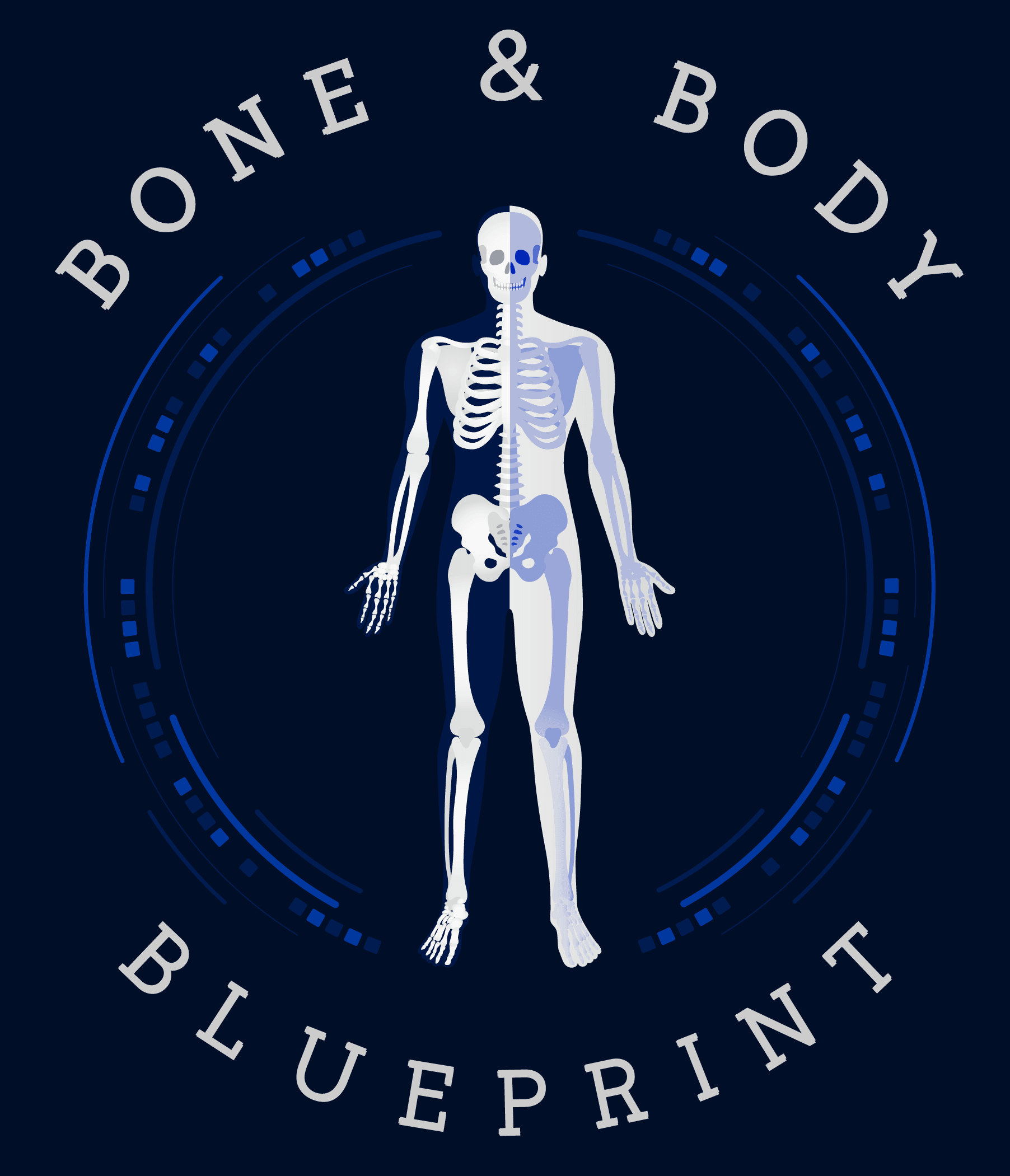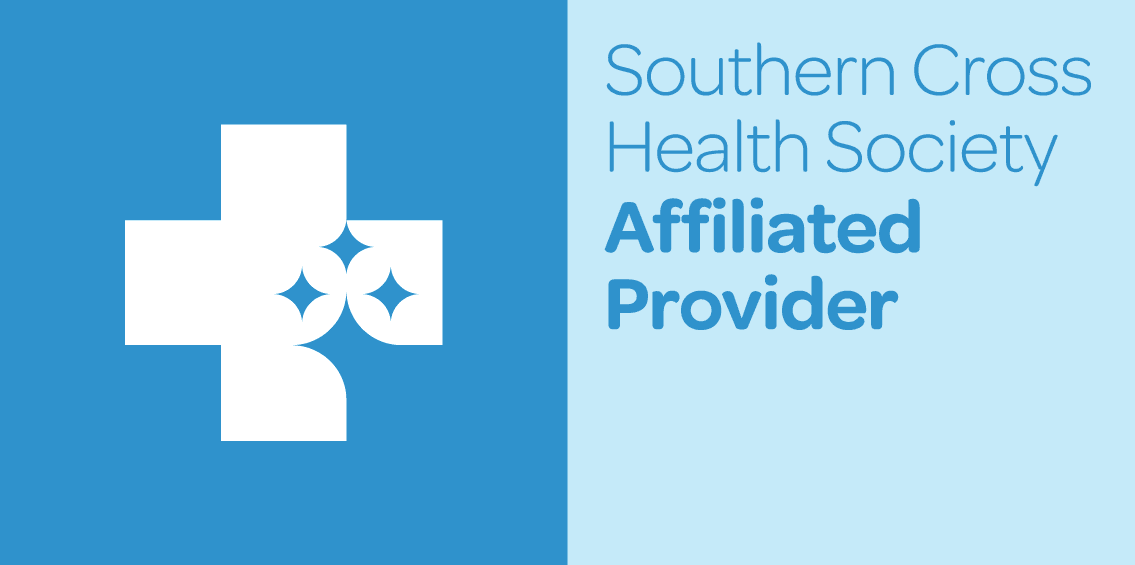DXA bone density scans play a crucial role in assessing bone health and identifying the risk of osteoporosis or fractures. However, interpreting the results can be confusing, especially when it comes to T-Scores and Z-Scores.
In this article, we’ll explain the difference between these two scores and why they matter.
What are T-Scores and why do they matter?
A T-Score compares your bone mineral density (BMD) to that of a healthy young adult of the same gender. This helps determine if your bones are:
-Normal
-Low in density (osteopenia)
-Weakened and at risk of fractures (osteoporosis)
T-Score Ranges:
-1.0 or above → Normal bone density
Between -1.0 and -2.5 → Low bone mass (osteopenia)
-2.5 or lower → Osteoporosis, requiring medical attention
Think of a T-Score like a traffic light system:
🟢 Green (Normal) – Your bones are strong and healthy.
🟠 Yellow (Osteopenia) – A warning that your bone density is decreasing.
🔴 Red (Osteoporosis) – Urgent action is needed to prevent fractures and further bone loss.
What are Z-Scores and when are they used?
A Z-Score compares your bone density to others of the same age, gender and ethnicity. While T-Scores are used mainly for diagnosing osteoporosis, Z-Scores help identify unusual bone loss patterns, which could indicate an underlying medical condition.
When is a Z-Score important?
Z-Scores are particularly useful for younger individuals or those with unexpected bone loss.
A Z-Score below -2.0 suggests further testing may be needed to investigate potential causes of poor bone health.
Why bone density scores matter for your health
DXA bone mineral density scans can detect issues early, helping you and your healthcare provider create a personalised plan for prevention or treatment.
At Bone and Body Blueprint, we are passionate about bone health. Our DXA (DEXA) scans provide precise bone density measurements, helping you stay informed and take action before issues arise.
Follow us for information on bone health and handy tips.



